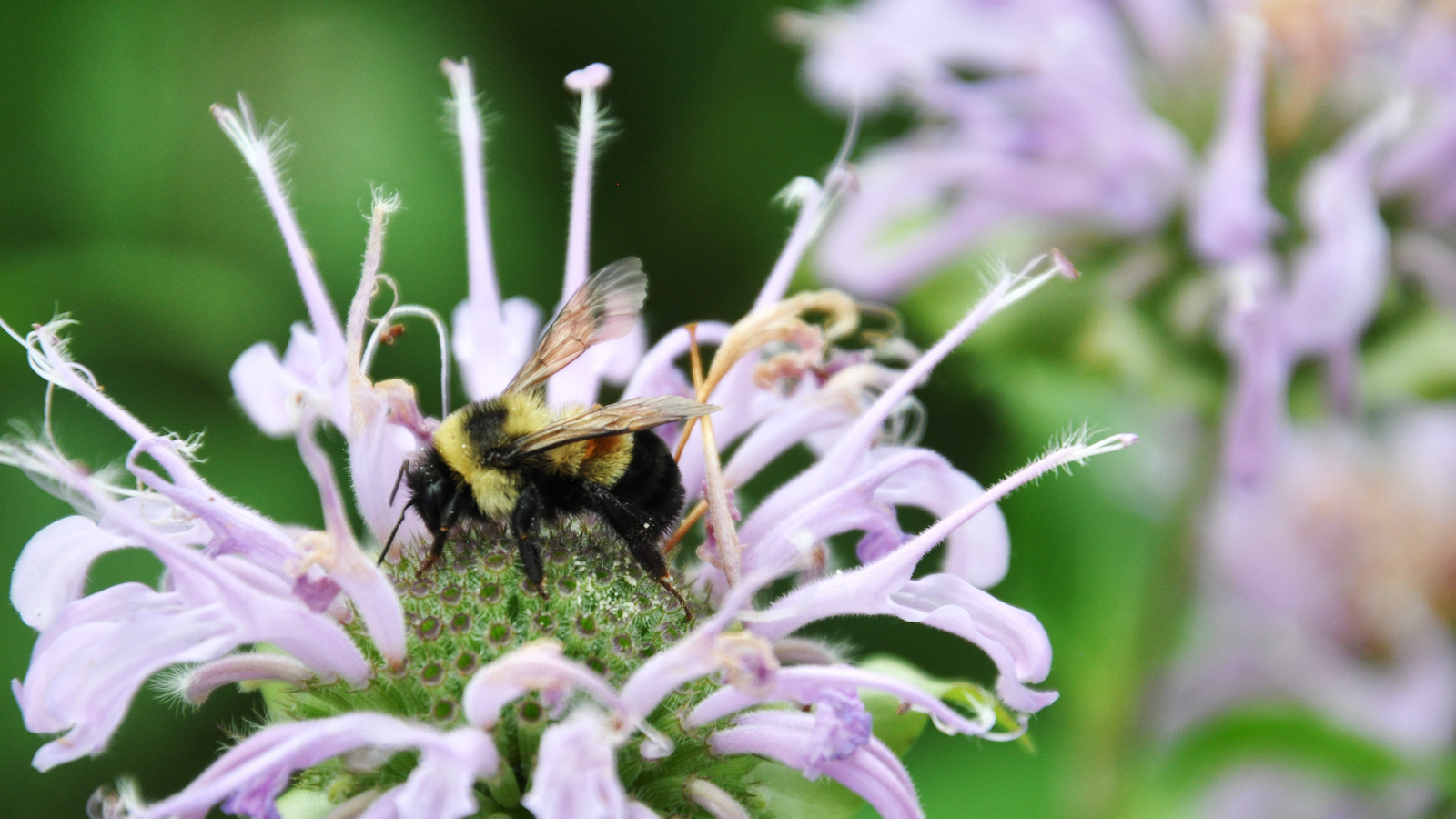Good as news: positive environmental stories you may have missed this week
The Public Interest Network’s Environment America and U.S. PIRG are working on multiple campaigns to help America get through the coronavirus pandemic as quickly and safely as possible. But we're also working to ensure that when the outbreak ends, the United States’ policies and practices ensure a cleaner, safer, better world for all of us.
The Public Interest Network’s Environment America and U.S. PIRG are working on multiple campaigns to help America get through the coronavirus pandemic as quickly and safely as possible. But we’re also working to ensure that when the outbreak ends, the United States’ policies and practices ensure a cleaner, safer, better world for all of us.
This weekly newsletter will highlight recent good news on the environmental front. If you have suggestions or comments, please email Emma Searson ([email protected]) or Josh Chetwynd ([email protected]).
Virginia’s 100 percent clean electricity commitment yields immediate results
Though Gov. Ralph Northan signed the Virginia Clean Economy Act into law only days ago, making Virginia the first southern state and the seventh in the U.S. committed to 100 percent carbon-free electricity, it’s already having a positive impact on Virginia.
As a result of the new law, Dominion Energy backed away from plans to develop new gas infrastructure in the state. Under the program, utilities such as Dominion must provide at least 30 percent renewable electricity by 2030 and 100 percent clean electricity by 2045.
“This law was a long time coming, but it’s so gratifying to see how quickly it’s already having an impact on the way Virginia does business,” said Emma Searson, 100% Renewable Campaign Director with Environment America. “We are glad to see Dominion making this change, and we look forward to the continued transformation this 100 percent carbon-free commitment will yield.”
University of California, Berkeley, leads the way with country’s strongest single-use plastic ban
The University of California, Berkeley, has committed to replacing all non-essential single-use plastics with viable alternatives by 2030. By addressing the full spectrum of products and packaging used in campus academics, research, administration and events, this target now becomes the most comprehensive single-use plastic ban in the nation. It was adopted on Sunday by Chancellor Carol Christ (photos below).
This decision comes following a CALPIRG Students campaign, which started in the fall of 2019, urging UC Berkeley to take action to address the impacts of single-use plastic waste. CALPIRG’s Plastic-Free Seas Campaign built support across the campus, including from retailers like the campus Amazon store. Prior to the university’s adoption of the new target, the campus’ student government unanimously passed a resolution in support of the CALPIRG Students campaign, which secured more than 50 student leader sign-ons.
“UC Berkeley is truly leading the way on this effort,” said Nicole Haynes, a current senior and the CALPIRG Chapter chair and Plastic-Free Seas co-ordinator at UC Berkeley. “We have passed the point where we should be banning plastic one-by-one through bag, bottle and takeout container bans. Studies continue to show how damaging plastic is to our environment and public health. To combat this problem we need to keep pressing for more commitments like the one made on our campus. Otherwise, we may never fully tackle this pressing plastic products and packaging issue.”
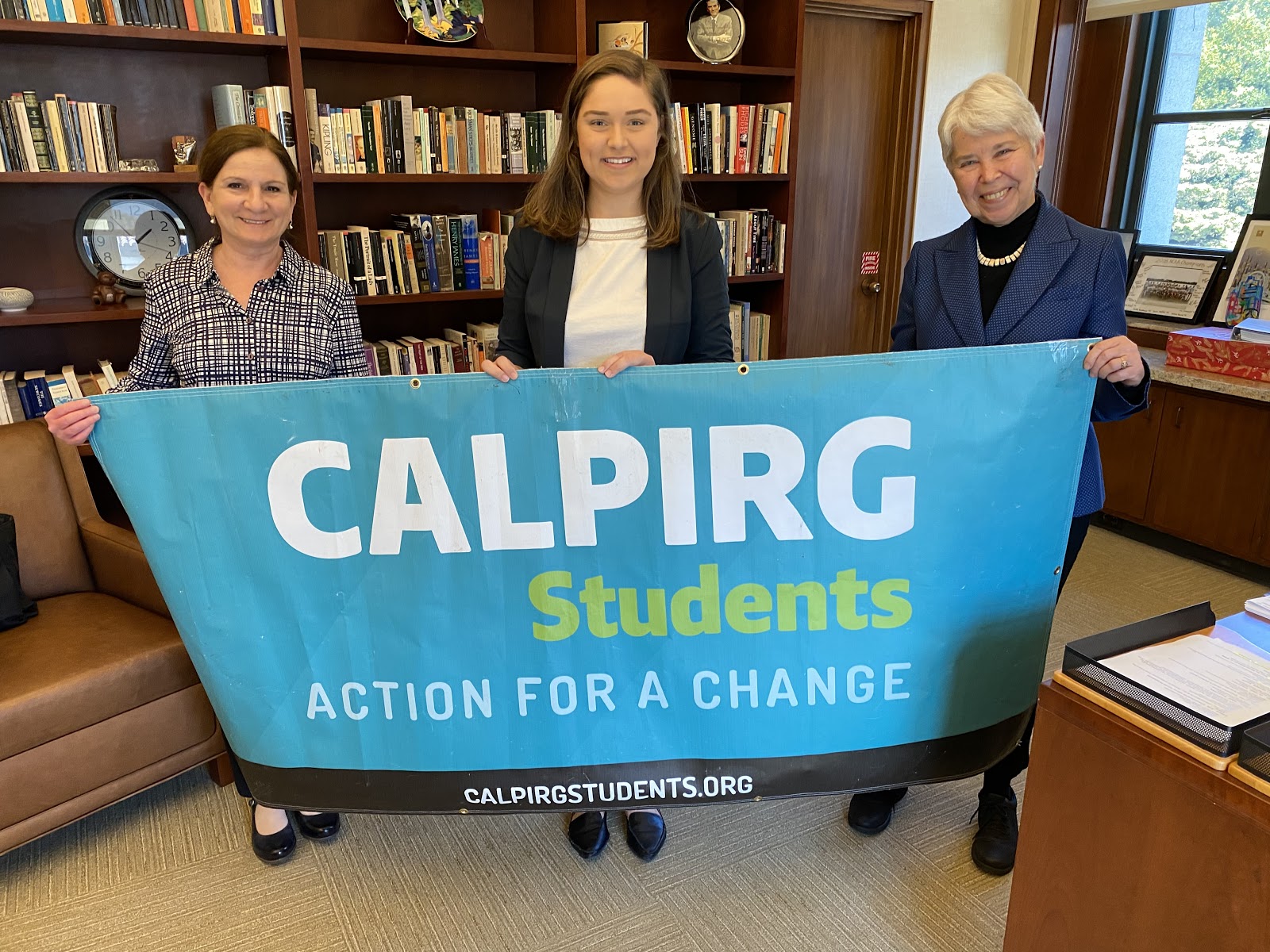
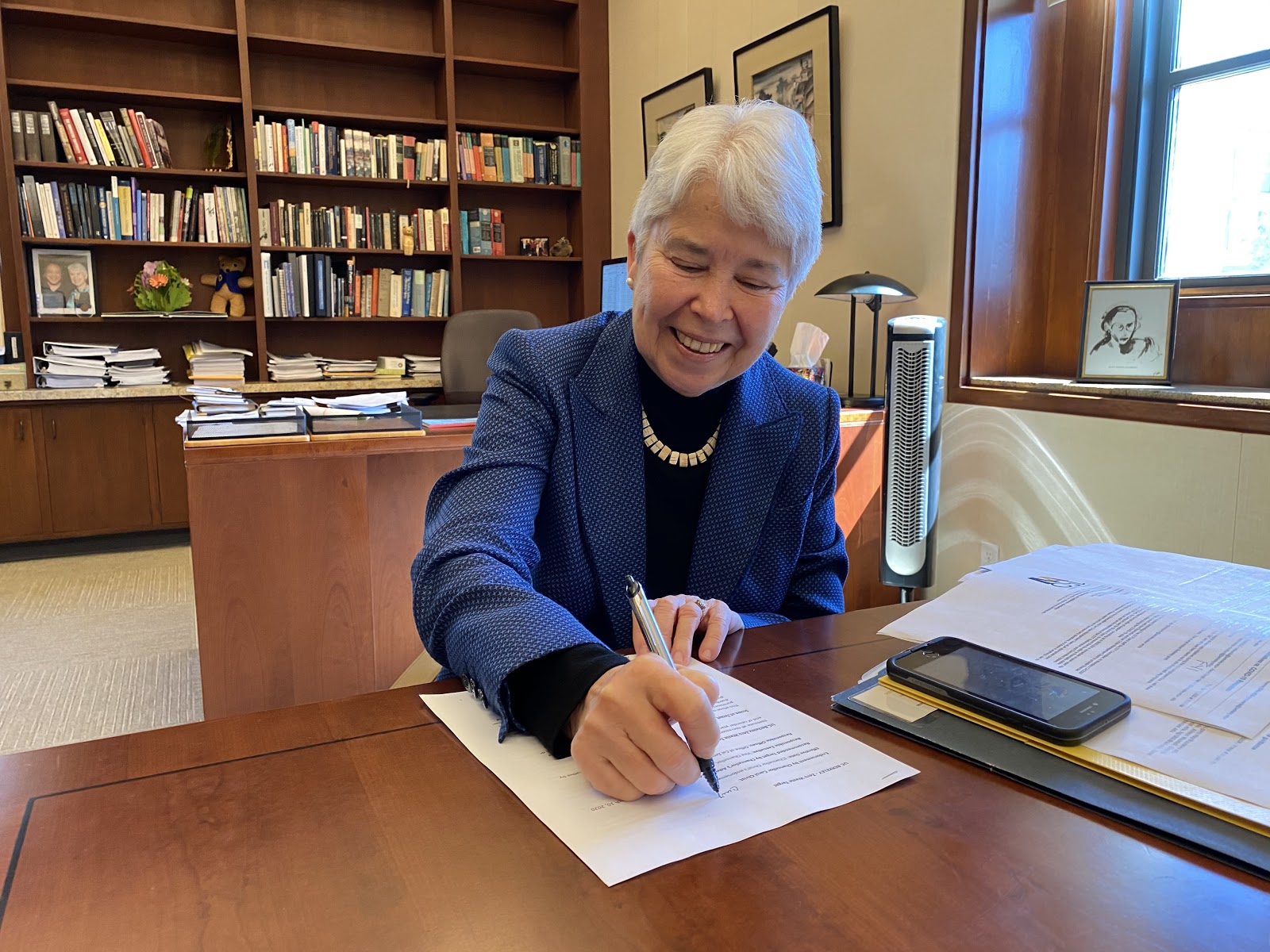
The impacts of Earth Day, 50 years since its start
This past Wednesday kicked off the start of Earth Week – the week leading up to Earth Day on April 22. This year’s celebration marks the 50th anniversary of the important event, which first occurred in 1970. Earth Day inspired some of the most critical environmental laws that protect clean air and water in the United States today. Those laws, such as the Clean Air Act of 1970, have delivered significant net benefits to society over their lifetimes.
This Earth Day, millions around the world will participate in digital events centered on the theme of climate change. For example, Environment America unveiled its own Virtual Earth Day site and, on Thursday, hosted an online panel about fossil fuel-free investing, featuring famed environmentalist Bill McKibben.
“Many Americans are wondering what they can do for the environment and public health while they’re quarantined during the COVID-19 crisis,” said Environment America’s Director of Media Relations Mark Morgenstein. “During our web panel, hundreds of people learned in real time about something crucial they can do from home — ending their monetary support for fossil fuel companies. Thousands more people who couldn’t make the event are learning about it on www.virtualearthday.org and our various social media. We can make a difference as individuals and collectively.”
What else we’re celebrating:
-
100MW New Mexico wind farm proposal moves forward: The Bureau of Land Management released a final environmental impact statement for the Borderlands Wind Project in Catron County, N.M. on April 10. This important step moves the project closer to earning regulatory approval. The proposed facility will supply up to 100 megawatts of clean electricity, which is enough to power about 30,000 homes.
-
U.S. Judge reverses permit for Keystone XL pipeline: Judge Brian Morris blocked a key permit for the Keystone XL oil pipeline on Wednesday, citing the Endangered Species Act. In the decision, Judge Morris required additional consideration be made for the impacts the pipeline could have on endangered species such as pallid sturgeon, which live in some of the hundreds of rivers in the pipeline’s path.
-
National lab sets records for most efficient solar cell: The National Renewable Energy Lab has claimed two world records with its new ultra-thin, broad-range solar cell. The efficiency of renewable energy technologies has improved remarkably over the past decade, and this latest milestone demonstrates that the trend is continuing.
-
Limits on natural gas in new builds are growing nationwide: Communities from coast to coast are instituting natural gas bans that prevent the use of the fossil fuel in new buildings. This keeps with recommendations in Environment America’s recent Electric Buildings report and promises an increase in renewable energy.
Looking for even more uplifting environmental content?
Environment America recently launched a new Greener Together project. As people are practicing social distancing, the project aims to help us all foster a stronger connection with the natural world and with each other. The initiative includes engaging events, fun activities and helpful guides for both adults and children.
###
Environment America is a national network with affiliates in 29 states. Our staff and members work to protect the places we love, advance the environmental values we share, and win real results for our environment.
U.S. PIRG, the federation of state Public Interest Research Groups, is a consumer group that stands up to powerful interests whenever they threaten our health and safety, our financial security, or our right to fully participate in our democratic society.
U.S. PIRG and Environment America are part of The Public Interest Network, which operates and supports organizations committed to a shared vision of a better world and a strategic approach to getting things done.
Topics
Authors
Emma Searson
Find Out More
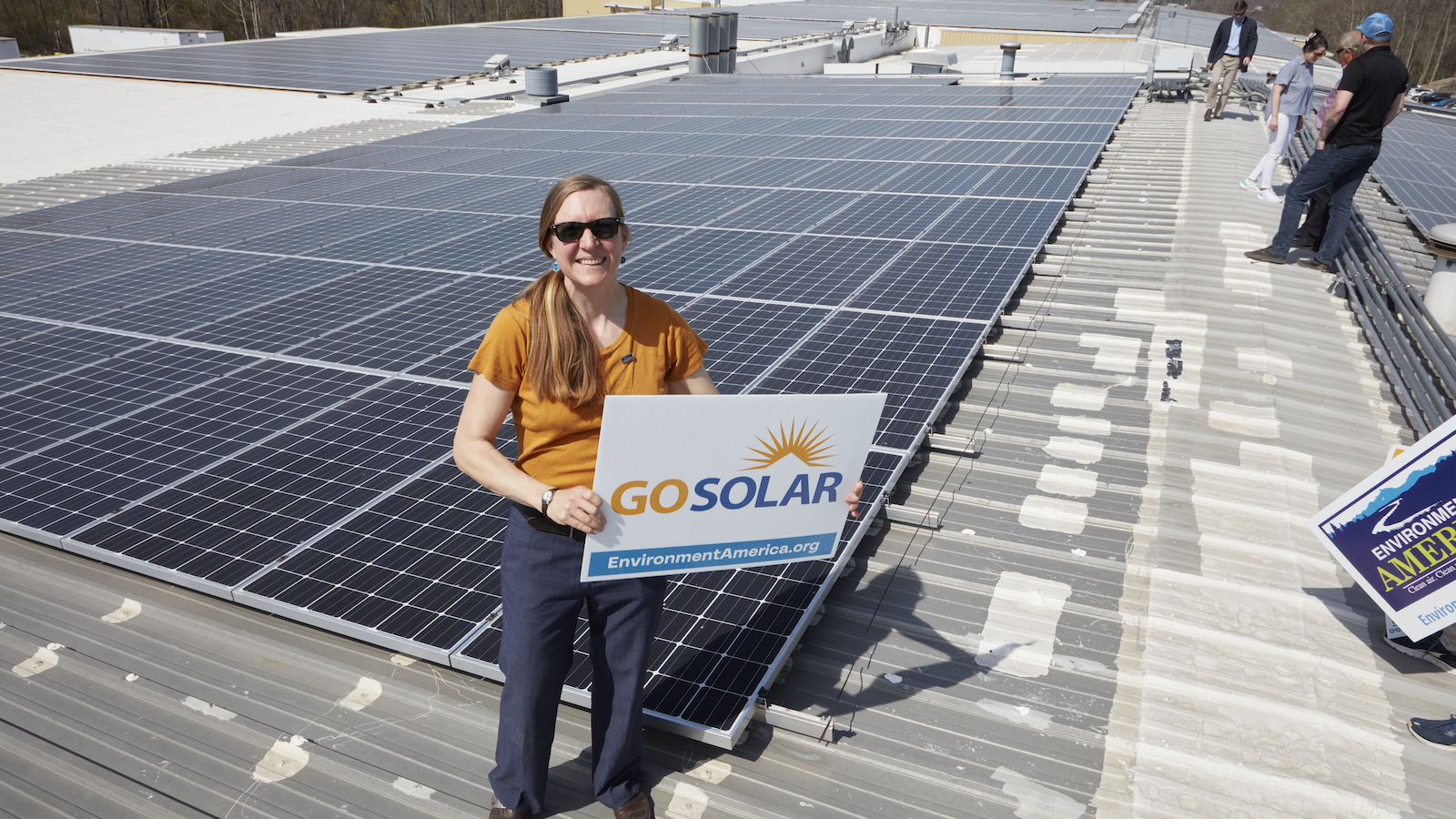
Solar energy is on the rise in Tennessee

Five of the biggest wins for wildlife and wild places in 2023
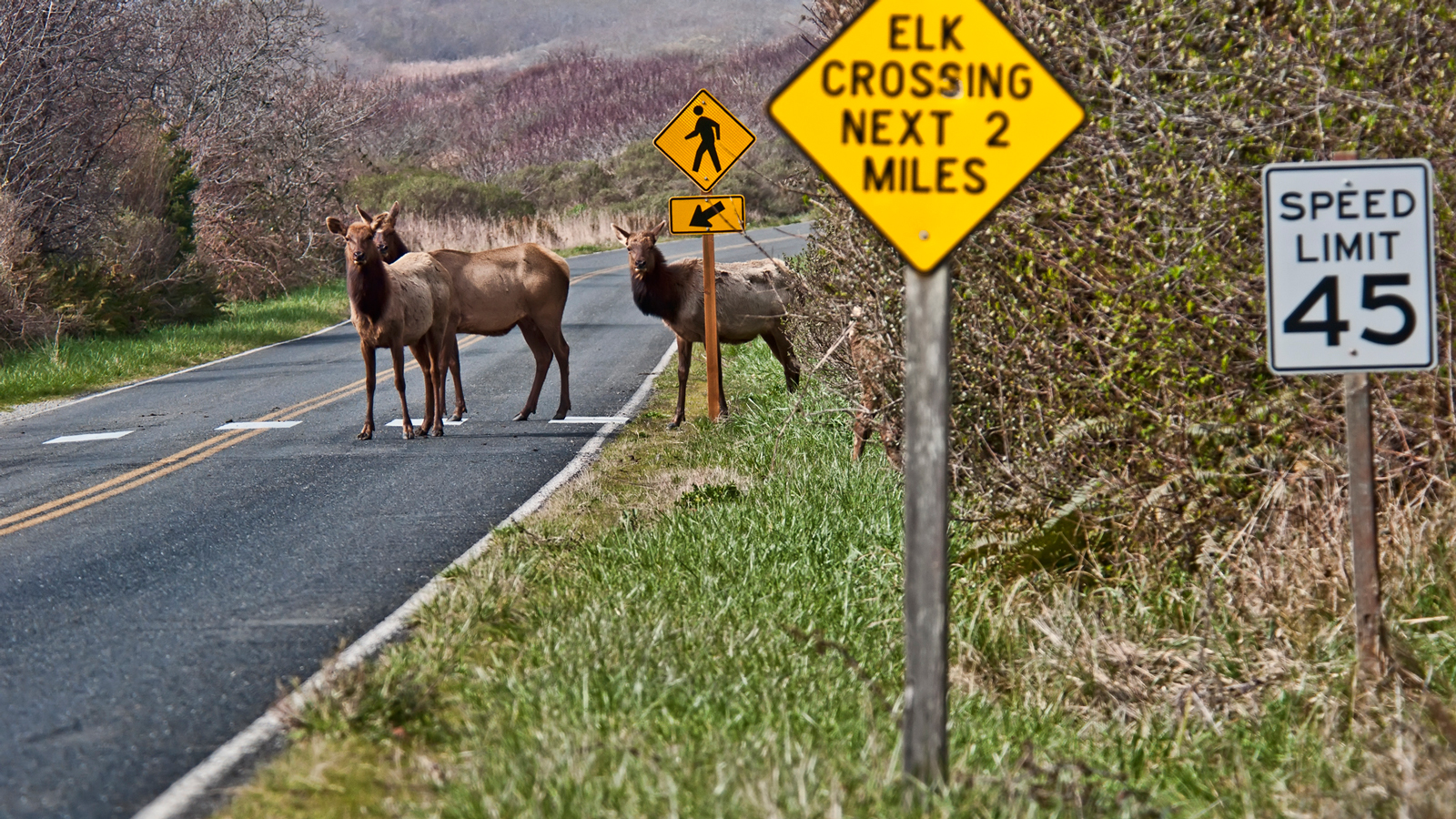
Wildlife crossings connect small, fractured habitats
